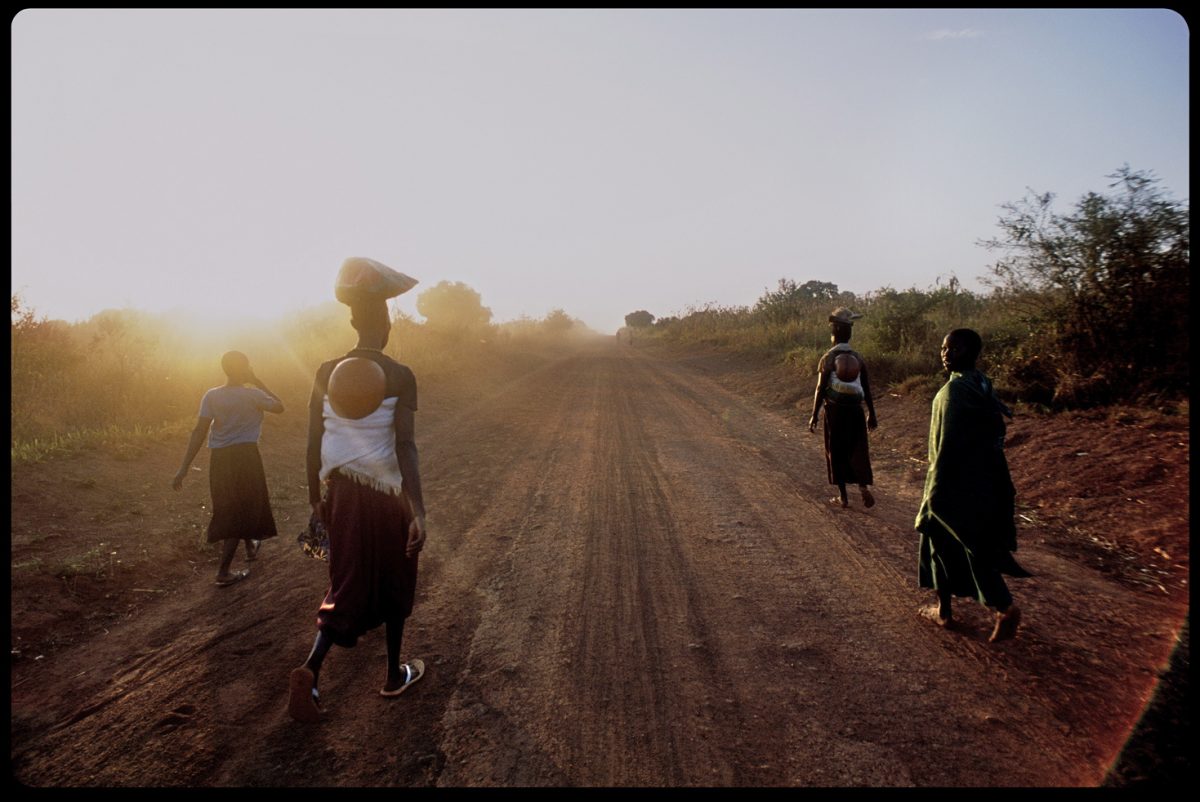
Road to Kitgum. Photo credit: Lara Rosenoff Gauvin
Advocating for Justice and Reparations in Uganda
Activists to share journey from advocacy to signed law
Escaping with their surviving children from forced marriages to Lord’s Resistance Army commanders was not the end of the ordeal for Grace Acan and Evelyn Amony.
They were among thousands of girls kidnapped in northern Uganda starting in the 1990s. When these young women returned home years later with little education, they and their children were often treated with suspicion and struggled to survive without access to land or livelihood.
A documentation project that helped survivors share their stories with each other eventually led Acan and Amony to advocate for reparations.
On June 17, 2019, the Ugandan Cabinet finally signed into law a transitional justice policy after 10 years of activism by civil society groups and activists including Acan and Amony.
What: Advocating for Justice and Reparations in Uganda panel discussion
Who: Grace Acan, Evelyn Amony and Canadian Museum for Human Rights curator Isabelle Masson. Chaired by Prof. Kjell Anderson, director of the University of Manitoba’s new Master of Human Rights program.
When: Thur. Oct. 24, 2019 at noon.
Where: Room 200A, Robson Hall, 224 Dysart Rd., Fort Garry campus, University of Manitoba.
Acan and Amony are the focus of a new exhibit at the Canadian Museum for Human Rights, Ododo Wa: Stories of Girls in War, which opens Oct. 23. Developed in collaboration with York University’s Conjugal Slavery in War research project, this exhibit highlights how abduction for forced marriage is a strategy of war.
The panel discussion is sponsored by the University of Manitoba’s Centre for Human Rights Research and Department of Anthropology, along with the Conjugal Slavery in War research project.






